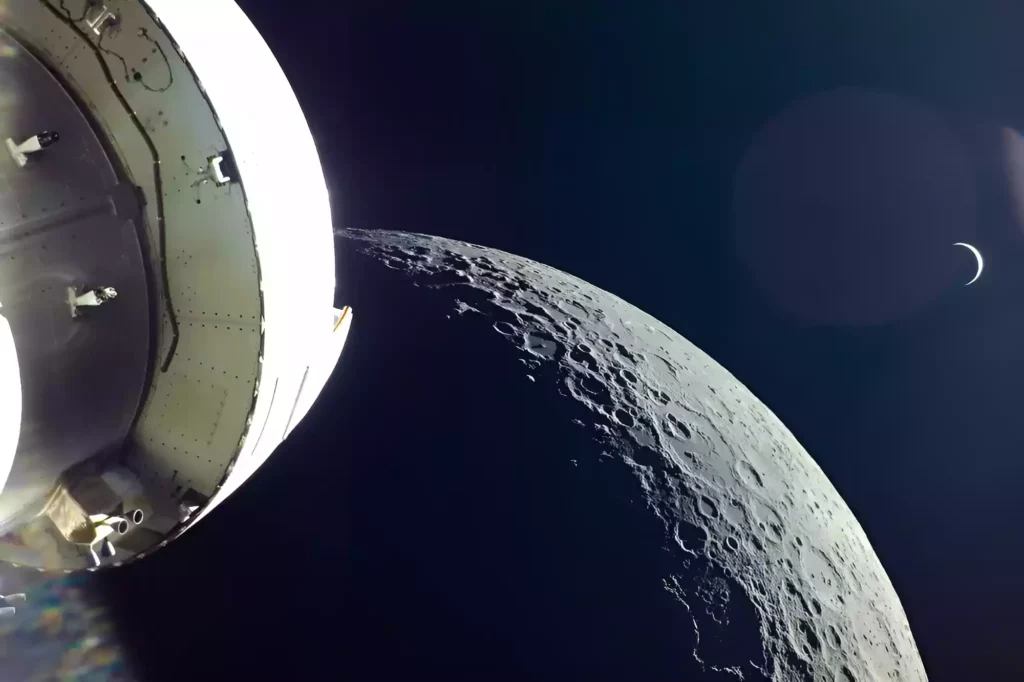In 2024, a manned mission to the Moon is set to take place for the first time in half a century. It’s time to recall the complex, fascinating, and incredibly beautiful history of exploring Earth’s satellite.
The year 2023 marked a lunar focus in global space exploration. Four automated spacecraft were sent to the lunar surface. One landed successfully, deploying a small rover, while two crashed, and one is preparing for a landing in January. Additionally, another spacecraft, constructed by a private company, is set to launch towards the Moon in January. Meanwhile, NASA announced the crew that will circumnavigate the Moon for the first time in half a century later this year. Flight tests of a super-heavy rocket and spacecraft, tasked with delivering new American crews to the lunar surface, have commenced on the shores of the Gulf of Mexico in Texas.

The Moon is the Earth’s only natural satellite, orbiting our planet almost throughout the entire existence of life on Earth. It illuminated the dark waters of the Ordovician Sea at night, as Permian saber-toothed reptiles howled and dinosaurs roamed. Ancient civilizations crafted myths and legends about it, and when the passion for knowledge awoke, they began questioning the nature and origin of the Moon. As humanity gained new means of exploring the sky—first telescopes, then cameras, and finally space travel—these tools were directed towards the Moon.
In 1609, the first astronomer, Galileo Galilei, sketched the satellite using a 32x telescope. These sketches drastically differed from earlier attempts to depict the Moon, presenting it not as a simple circle with spots in the sky but as a fully spherical celestial body comparable to Earth. On January 2, 1839, French chemist and the first photographer (although the term did not exist then) Louis Daguerre captured the first photograph of the Moon in history. Though the image did not survive, it inspired other inventors and developers of photographic technology to turn their lenses towards the “night luminary.”